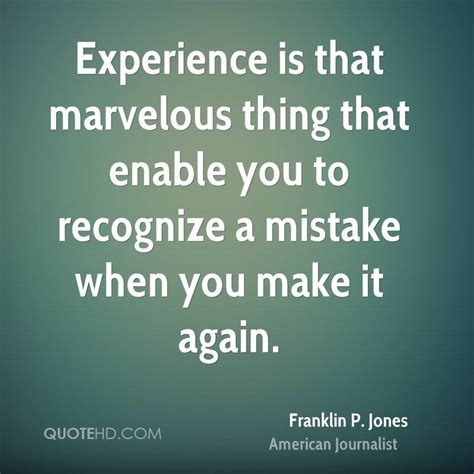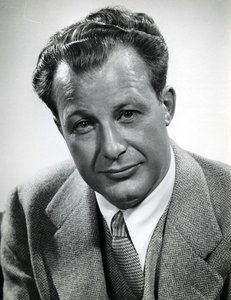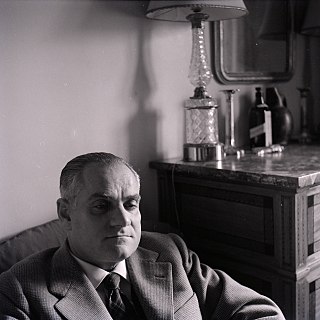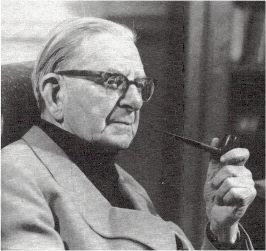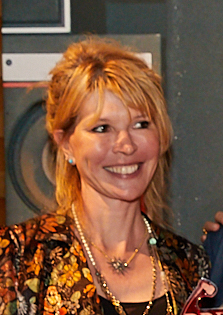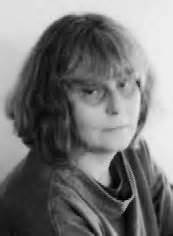A Quote by Craig Venter
Traditional autobiography has generally had a poor press. The novelist Daphne du Maurier condemned all examples of this literary form as self-indulgent. Others have quipped that autobiography reveals nothing bad about its writer except his memory.
Related Quotes
I have always hated biography, and more especially, autobiography. If biography, the writer invariably finds it necessary to plaster the subject with praises, flattery and adulation and to invest him with all the Christian graces. If autobiography, the same plan is followed, but the writer apologizes for it.
to look back on one's life is to experience the capriciousness of memory. ... the past is not static. It can be relived only in memory, and memory is a device for forgetting as well as remembering. It, too, is not immutable. It rediscovers, reinvents, reorganizes. Like a passage of prose it can be revised and repunctuated. To that extent, every autobiography is a work of fiction and every work of fiction an autobiography.

